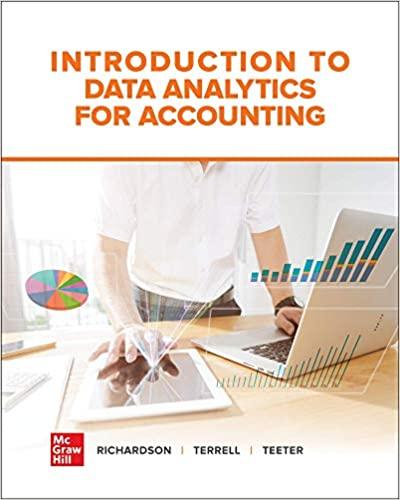Haliburton Mills Inc. is a large producer of men's and women's clothing. The company uses standard costs for all of its products. The standard costs and actual costs for a recent period are given below for one of the company's product lines (per unit of product Standard Actun Cost Cost Direct materials Standard: 3.0 metres at $3.70 per metre $11.10 Actualt 3.4 metres at $3.45 per metre $11.73 Direct labour Standard: 1.7 hours at $3.50 per hour Actual: 1.4 hours at $3.85 per hour Variable manufacturing overhead Standard: 1.7 hours at $1.50 per hour 2.55 Actualt 1.4 hours at $1.85 per hour 2.59 Fixed manufacturing overhead: Standard: 1.7 hours at $3.10 per hour 5.27 Actualt 1.4 hours at $3.15 per hour 4.41 Total cont per unit $24.8 $24.12 5.95 5.39 hetual costat 6.000 units at $24.12 standard cost 6,000 units at $24.87 Diference in cost-tavourable $144,720 149,220 $4,500 During this period, the company produced 6,000 units of product. A comparison of standard and actual costs for the period on a total cost basis is also given above There was no inventory of materials on hand to start the period. During the period 20,400 metres of materials was purchased and used in production. The denominator level of activity for the period was 8,540 hours Required: 1. For direct materials a. Compute the price and quantity variances for the period. (Indicate the effect of each variance by selecting "F" for favourable. "U" for unfavourable, and "None" for no effect fi.e., zero variance).) Price variance Quantity variance b. Prepare journal entries to record all activity relating to direct materials for the period. View transaction list Journal entry worksheet Record the materials quantity variance. Note: Enter debits before credits. General Journal Debit Credit Event 2 Record entry Clear entry View general Journal 2. For direct labour a. Compute the rate and efficiency variances. (Indicate the effect of variance by selecting "F" for favourable, "U" for unfavourable, and "None" for no effect (i.e., zero variance).) Labour rate variance Labour officiency variance b. Prepare a journal entry to record the incurrence of direct labour cost for the period. (List debit entries first). View transaction list Journal entry worksheet Record the incurrence of direct labour cost for the period. Note: Enter debits before credits Event General Journal Debit Credit Record entry Clear entry View general Journal 3. Compute the variable manufacturing overhead spending and efficiency variances. (Indicate the effect of each variance by selecting "F" for favourable, "U" for unfavourable, and "None" for no effect (i.e., zero variance).) Variable overhead spending variance Variable overhead officiency variance 4. Compute the fixed overhead budget and volume variances. (Indicate the effect of variance by selecting "f" for favourable. "U" for unfavourable, and "None" for no effect (.e., zero variance).) Fixed overhead budget variance Fixed overhead volume variance 5. On seeing the $4,500 total cost variance, the company's president stated, "it's obvious that our costs are well under control. Do you agree? Yes No 6. This part of the question is not part of your Connect assignment














